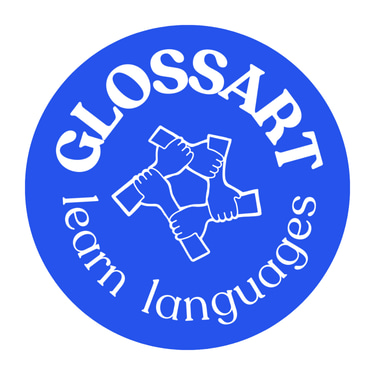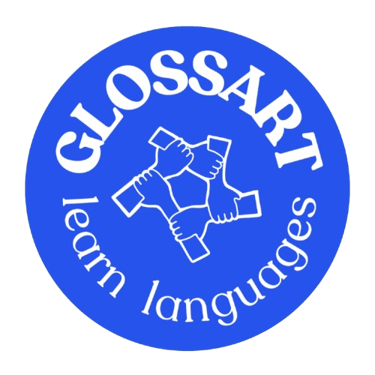Transform Your World with Language Learning at Glossart Languages!
What Is the Hardest Language in the World to Learn?
What makes a language truly difficult to learn? In this deep dive by Glossart Languages, we explore why there’s no one-size-fits-all answer. From grammar and pronunciation to writing systems and cultural context, discover what really shapes language difficulty—and why the “hardest” language might be the most rewarding to learn. A must-read for curious minds, aspiring polyglots, and anyone ready to challenge their limits.
Evangelia Perifanou
7/8/20232 min read


🌍 What Is the Hardest Language in the World to Learn?
By Glossart Languages | Deep Dives into Linguistic Curiosities
As language lovers, we’re often asked the big question:
“Which language is the hardest in the world to learn?”
It’s a simple question—but the answer is far from simple. Because the “difficulty” of a language isn’t an absolute truth. It’s deeply personal, shaped by your native tongue, your learning goals, your mindset, and even your cultural exposure.
🧭 Language Difficulty Is Not Universal—It’s Relative
Think of language learning like traveling: if you’ve walked a similar path before, the next one feels familiar.
For example:
A Portuguese speaker will likely find Spanish more accessible than Russian.
An English speaker may struggle with Mandarin tones but feel comfortable with Dutch syntax.
A Greek speaker might find Turkish challenging in grammar, but not in pronunciation.
In other words, language difficulty is relational—what’s hard for one learner might feel intuitive to another.
🔍 What Makes a Language “Difficult”?
Let’s break down the deeper elements that affect perceived difficulty:
Writing System
Learning a new script—like Arabic, Chinese characters, or Devanagari—demands extra mental effort and visual memory.Grammar Structure
Some languages, like Hungarian or Georgian, have case systems or verb conjugations that differ radically from Indo-European languages.Pronunciation & Phonetics
Languages with tonal systems (Mandarin, Thai) or clicks (Xhosa) challenge our ears and vocal muscles in unfamiliar ways.Vocabulary Distance
The more unrelated the vocabulary, the harder it is to guess or associate. Learning Finnish words from scratch, for example, feels different than guessing Italian words based on your Spanish.Cultural & Contextual Knowledge
Some languages carry deep levels of formality, indirectness, or untranslatable idioms—especially in Japanese or Korean—that require not just linguistic skill but cultural literacy.
📊 The Most Difficult Languages According to Linguists
Organizations like the U.S. Foreign Service Institute (FSI) classify languages by how long it takes a native English speaker to reach working proficiency.
Category V – The Most Time-Intensive:
🇯🇵 Japanese (Estimated: 2200 hours)
🇨🇳 Mandarin Chinese
🇰🇷 Korean
🇸🇦 Arabic
These languages combine challenging scripts, complex grammar, and cultural nuances that require more than just memorization—they require immersion, patience, and persistence.
🧠 Is “Hard” Always Bad?
Not at all. In fact, tackling a complex language can unlock:
Greater neuroplasticity and cognitive resilience
Deeper cultural appreciation and empathy
Unique career and academic opportunities
Sometimes, the more challenging the language, the more transformative the journey.
🗣️ What Glossart Languages Believes
At Glossart, we believe no language is inherently impossible—just improperly approached.
We don’t teach languages with a one-size-fits-all method.
We adapt to your background, your language history, and your rhythm—whether you’re learning your first second language or your sixth.
We teach with respect for the learner’s path, not pressure.
🌟 Final Reflection: The Hardest Language Is the One You Fear
Ultimately, the hardest language is not Japanese, Arabic, or Finnish.
It’s the one you tell yourself you’ll “never be able to learn.”
But here’s the truth:
With guidance, purpose, and the right mindset, you absolutely can.
💬 Let Glossart Languages walk with you on that path.
📚 Book a free consultation and let’s turn your biggest linguistic challenge into your next success.
#GlossartLanguages #LanguageChallenge #HardestLanguages #PolyglotJourney #Mandarin #Arabic #Japanese #LanguageLearningPhilosophy #OnlineLanguageSchool #CognitiveGrowth #FluencyThroughUnderstanding


